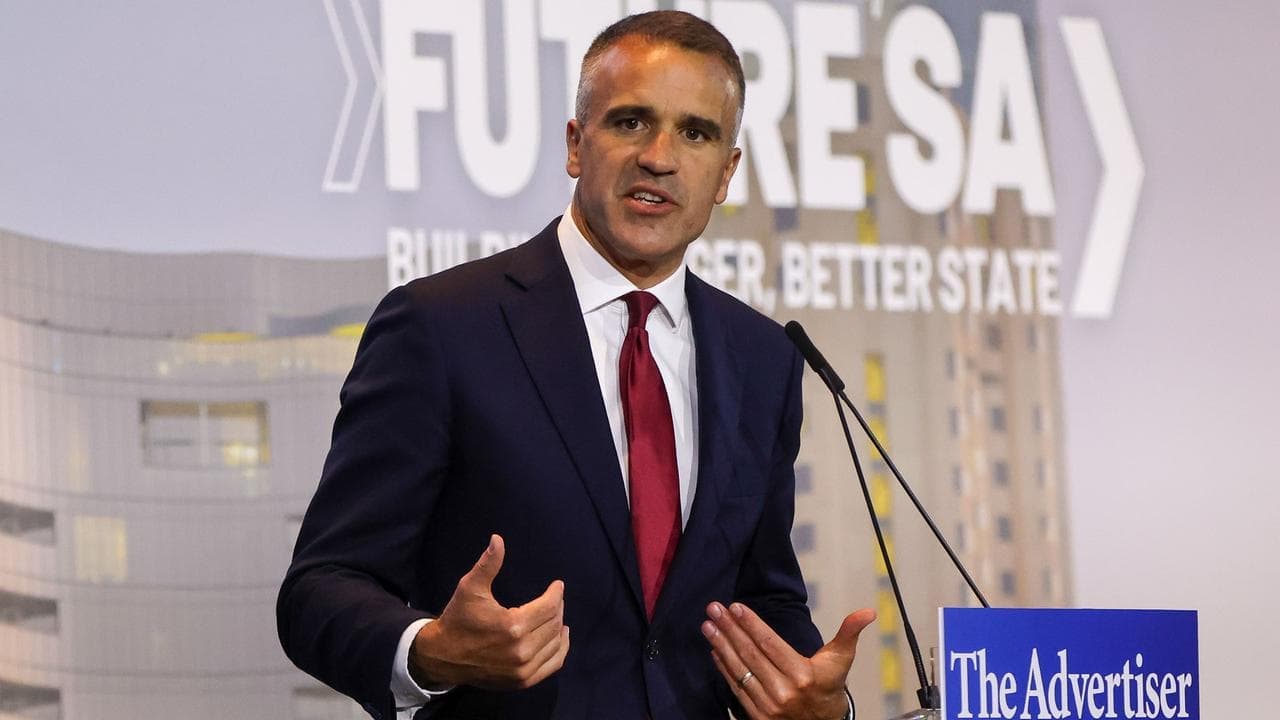WHAT WAS CLAIMED
The planet has been in a period of global cooling since 2015.
OUR VERDICT
Misleading. The claim relies on cherry-picked data, selecting a particularly hot year as the base. Longer-term data shows a clear trend of rising global temperatures.
A US climate sceptic has gone viral on social media after pointing to official data that supposedly shows the planet has been cooling since 2015.
Steve Milloy, the founder of a blog called JunkScience.com, uses the data to declare "CO2 warming is a hoax".
But the claim is misleading, as the data it relies on is cherry-picked.
The base year used for the analysis, 2015, was a particularly hot year, meaning later years appear less warm by comparison. When any years prior to 2015 are added to the analysis, the data shows a clear trend of rising global temperatures.
On January 13, 2022, Mr Milloy tweeted a bar chart (archived here) that purportedly showed a fall in annual average global land and ocean temperatures in the years from 2015 to 2022.
The data used in the graph was taken from the National Oceanic and Atmospheric Administration (NOAA), a US federal government agency responsible for climate monitoring.
Mr Milloy tweeted that the NOAA data "makes it official. Last 8 years... global cooling... despite 450+ billion tons of emissions worth 14% of total manmade CO2 in the atmosphere. CO2 warming is a hoax."
Mr Milloy is correct in saying there was a slight decrease in average global temperatures between 2015 and 2022.
However, 2015 was more than 0.2 degrees Celsius hotter than any prior year, making it an abnormally high base from which to compare temperatures in later years.
Setting the base as any year prior to 2015 results in a clear upward trend.
The bar chart's limited timeframe also obscures the fact that the years from 2015 to 2022 were the eight hottest years on record.
The full version of the NOAA dataset used for Mr Milloy's bar chart is plotted below, with the years 2015-2022 highlighted in red.
On January 15, NASA climate scientist Dr Christopher M. Colose responded on Twitter (archived here) to what he described as Mr Milloy's "disinformation".
"What he (Mr Milloy) didn't want to show you is that a warming system with variability will periodically exhibit short-term trends with pauses or accelerations in warming, but the long-term trends is up," the tweet read.
Dr Colose told AAP FactCheck that Mr Milloy's claim about global cooling was "as silly as saying that since the sun is going down at nighttime, you're entering a prolonged period of darkening and should cancel future outdoor picnics".
"If he (Mr Milloy) had tested for statistical significance, or picked nine or 10 or 11 years, he wouldn't be able to show the same result," Dr Colose said in an email.
"There are many people, including me, that will make wagers on whether the 2030s will be warmer than the 2020s, etc., but no one seems willing to take us up on it," Dr Colose said.
Other scientists also weighed in to debunk claims the earth is cooling.
On January 17, Berkeley Earth lead scientist Dr Robert Rohde tweeted (archive here): "If it is not literally the warmest year ever, someone will complain that global warming has stopped".
Dr Rohde's tweet included a graphic that showed regular short-term fluctuations in global temperatures since 1970 but a more consistent longer-term upward trend.
In August 2022, NOAA climatologist Ahira Sánchez-Lugo told USA TODAY the purported post-2015 'cooling trend' was mostly due to temporary warming or cooling phases commonly known as El Niño and La Niña.
Other false and misleading claims about alleged global cooling, based on cherry-picked short-term data, have been fact-checked here, here and here.
The Verdict
The claim that earth has experienced global cooling since 2015 is misleading. It uses an abnormally hot year as the base for its data and ignores the longer-term upward trend in global temperatures.
Climate scientists say short-term temperature variation is expected. But if action is not taken to limit CO2 emissions, the longer-term trend will continue in the same direction.
Misleading – The claim is accurate in parts but information has also been presented incorrectly, out of context or omitted.
AAP FactCheck is an accredited member of the International Fact-Checking Network. To keep up with our latest fact checks, follow us on Facebook, Twitter and Instagram.












